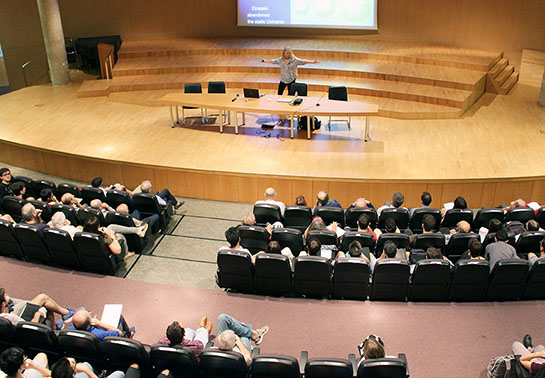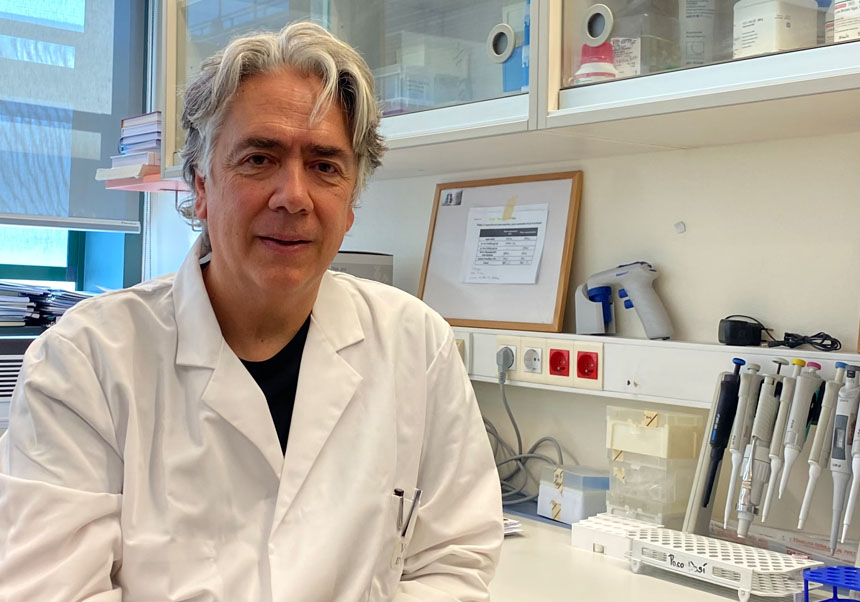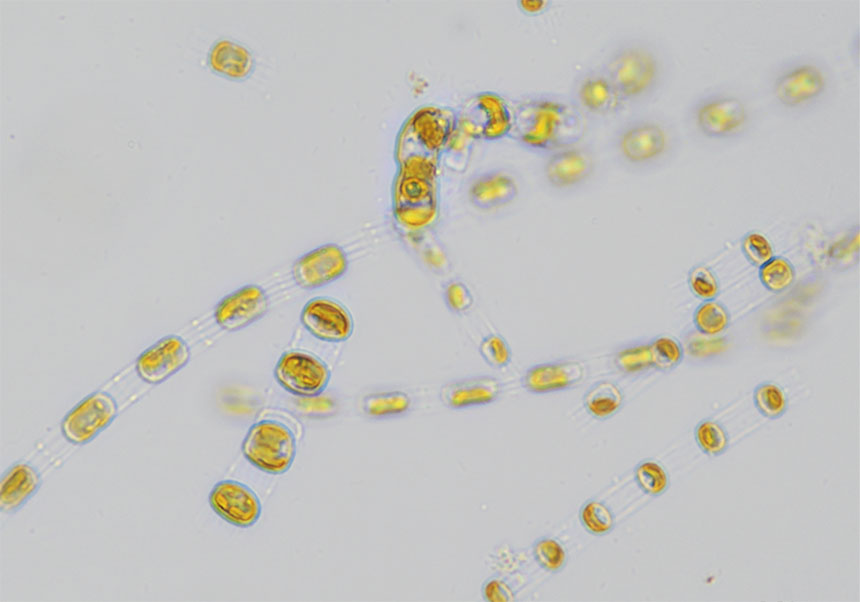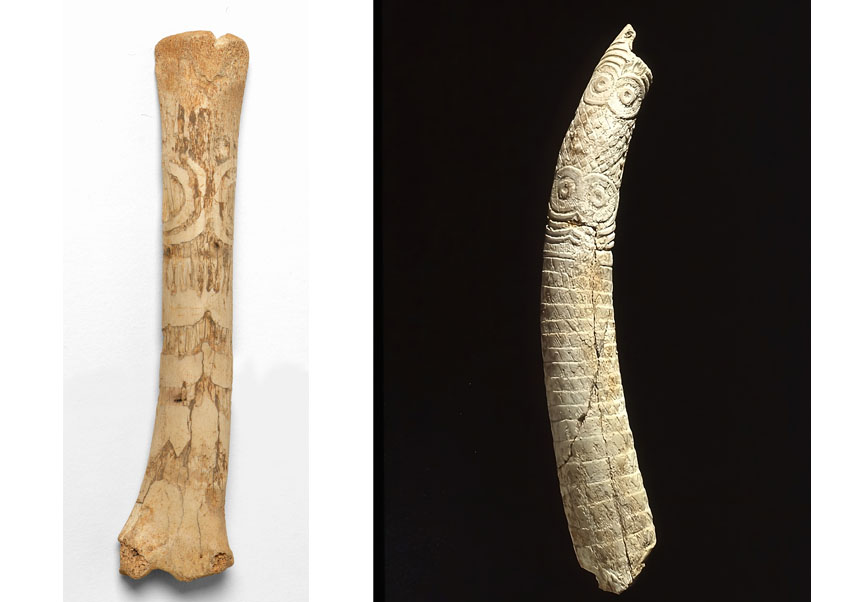Series of lectures to encourage women participation in Physics
- Fundació Parc Científic
- September 27th, 2018

Under the tittle ‘Si ellas pudieron, tú también’, famous physicists Katherine Freese and Lisa Randall share their experience with high school, undergraduate and postgraduate students in the Darwin Room in the Universitat de València. The Faculty of Physics organizes this activity sponsored by the Ramón Areces Foundation.
Physics is the scientific discipline that incorporates less women in the different stages in the research career – and it is worse in theoretical terms. In order to improve this situation and promote women participation in Physics research, the Faculty of Physics of the Universitat de València (UV), the Instituto de Física Corpuscular (IFIC), the CSIC’s Centre of Excellence Severo Ochoa, and the UV organize the lectures ‘Si ellas pudieron, tú también’, where international prestigious physics share their scientific development experience to with high school, undergraduate and postgraduate students and hence inspire them.
According to the Consejo Superior de Investigaciones Científicas (CSIC) report ‘Informe de Mujeres Investigadoras 2018’, the CSIC's Physical Science and Technologies Area has only a 21.47% of women in permanent posts in research. This percentage falls as the research career moves forward and comes to a 11.49% in the highest posts – these percentages are the lowest in all the CSIC’s scientific areas. Unlike other areas in which women do not hold many positions either, this situation is maintained in Physics, being women only a 22.81% of pre-doctoral fellows. In universities, tough, the situation is very similar.
In order to improve this situation, the Faculty of Physics of the Universitat de València (UV), the Instituto de Física Corpuscular, the CSIC’S Centre of Excellence Severo Ochoa and the UV organize ‘Si ellas pudieron, tú también’, a series of lectures in which international prestigious theoretical physicists talk about their scientific speciality and discuss the problems that they found to combine their personal and professional life. These lectures aim to inspire the public, mainly high school, undergraduate and postgraduate girls, by giving examples of women that have succeed in theoretical physics and have not set aside other facets of their personal life.
These lectures were initiated with the presence of Katherine Freese, theoretical physics of the University of Michigan (USA), and one of the most international experienced expert in cosmology, specifically in the study of the mysterious dark matter. Freese was one of the first women that graduated in Physics in Princeton, made her master’s degree in Columbia and her Doctoral Studies in Chicago. After these Studies, she also went to Harvard, Kavli Institute for Theoretical Physics, and the University of California, Berkeley. She has been working as an assistant professor in the MIT and as a visiting professor in the Max Planck Institute for Physics in Munich, Caltech and the CERN, among others. From 2014 until 2016, she directed the Nordic Institute for Theoretical Physics (Nordita) in Stockholm (Sweeden) collaborating in its University and where she is an honorary doctor.
Katherine Freese was introduced by Manuel Aguilar Benítez de Lugo, a CIEMAT’s Spanish physicist and member of the Royal Spanish Academy of Sciences. She gave the speech in the Darwin Room of the Aulario Interfacultativo in front of more than 300 people, many of whom were students from different high schools in Valencia. Her lecture, with the same title as her last book ‘The Cosmic Cocktail: Three Parts Dark Matter’, was aimed to review the challenges that the science must face in order to discover the dark matter –it makes up the 25% of the Universe but its nature is completely unknown– and those that she had to meet in her research career. After the lecture, both undergraduate Physics students in the UV and postgraduate students in the Instituto de Física Corpuscular have had the chance to talk to her.
The lectures ‘Si ellas pudieron, tú también’ will last two months and will international prestigious scientists to Valencia. Among these are Lisa Randall, an American theoretical physicist specialized in string theory and one of the most influential scientists for Time journal, and Hiranya Peiris, a British astrophysicist born in Sri Lanka who went to Cambridge and Princeton and is known by her works on the Cosmic Microwave Background, the most ancient radiation of the Universe. This series of lectures is sponsored by the Ramón Areces Foundation.
For further information, go to:
More information:
















